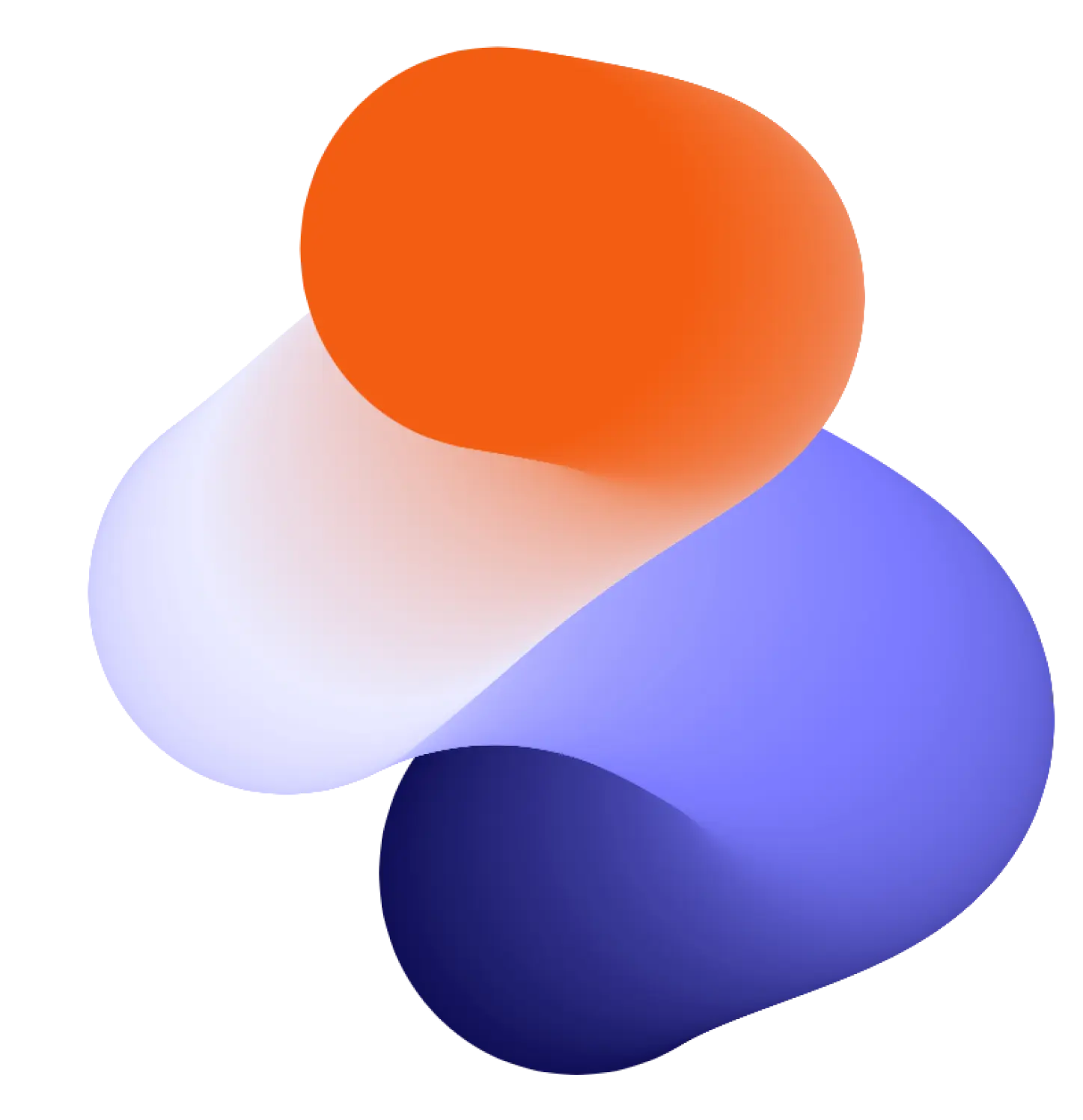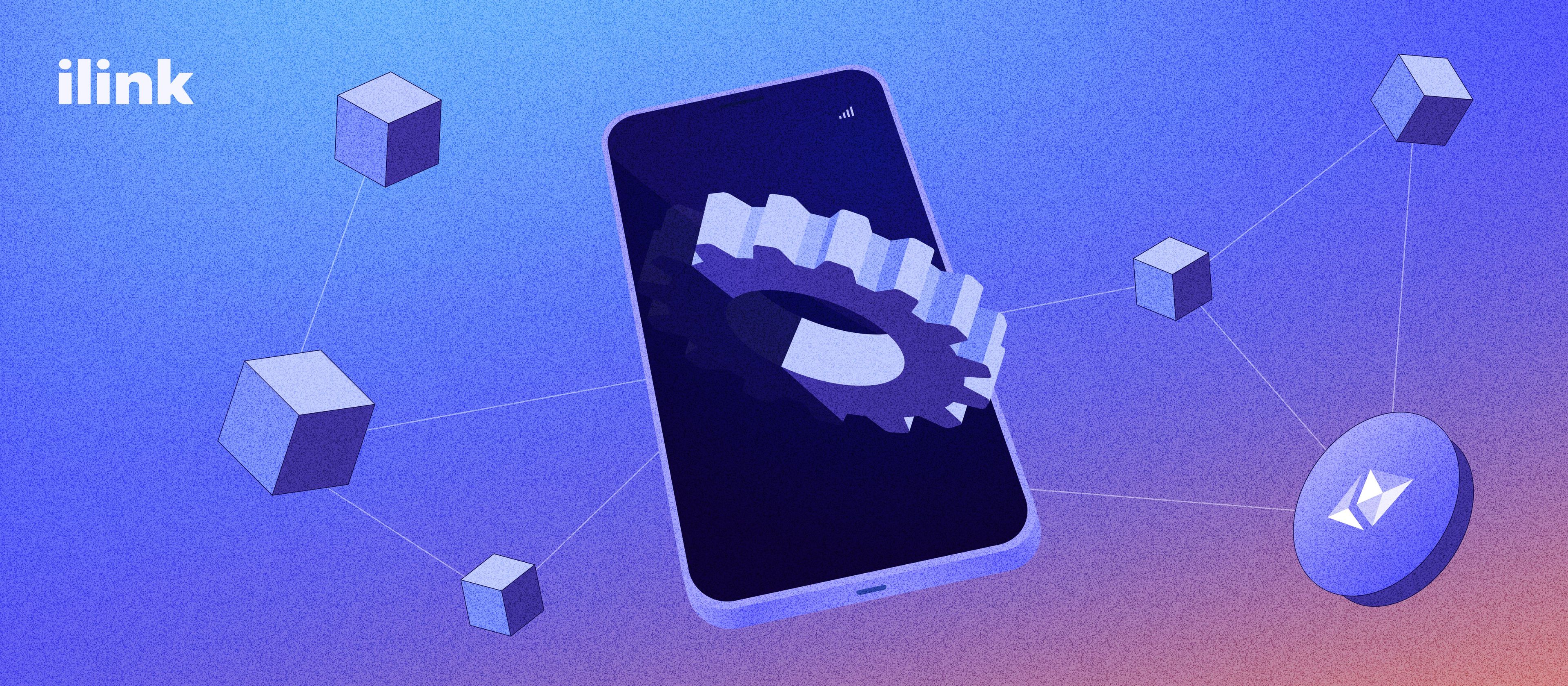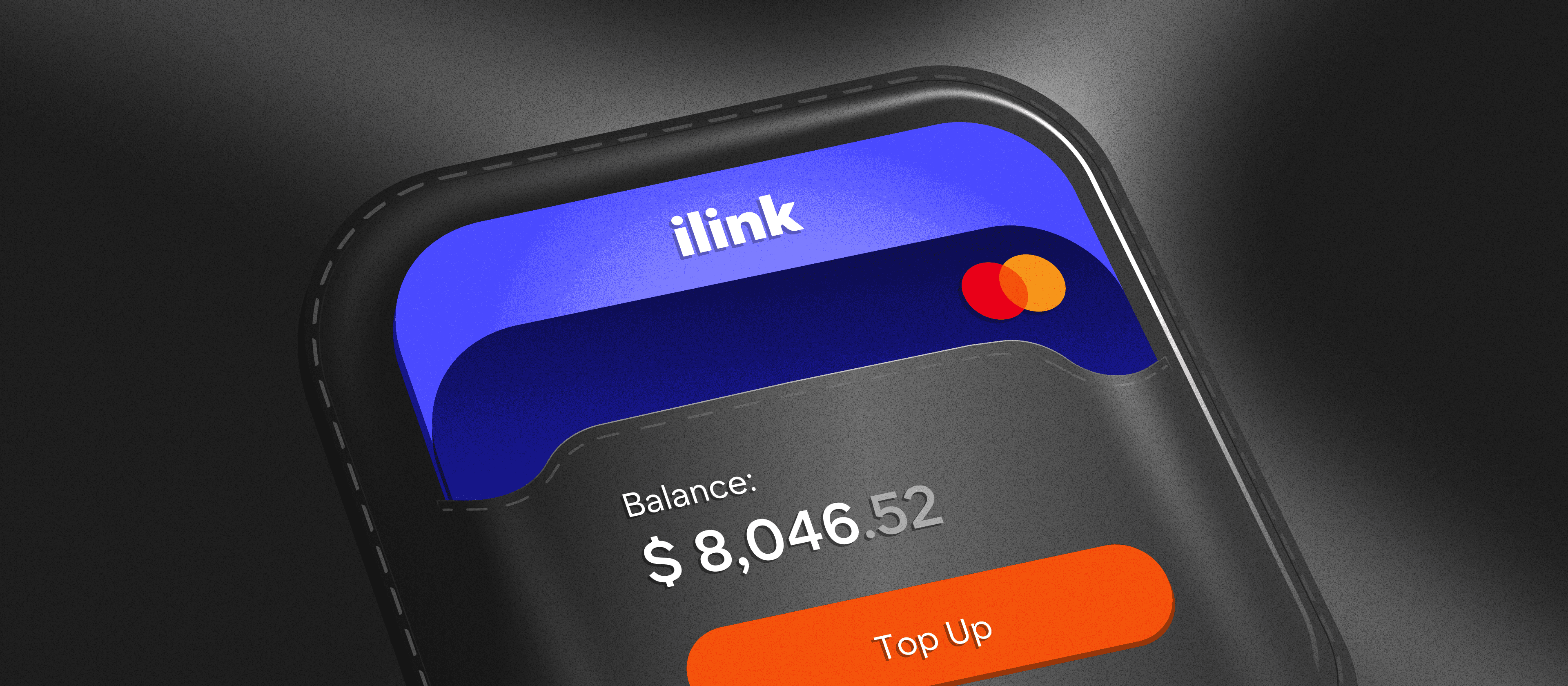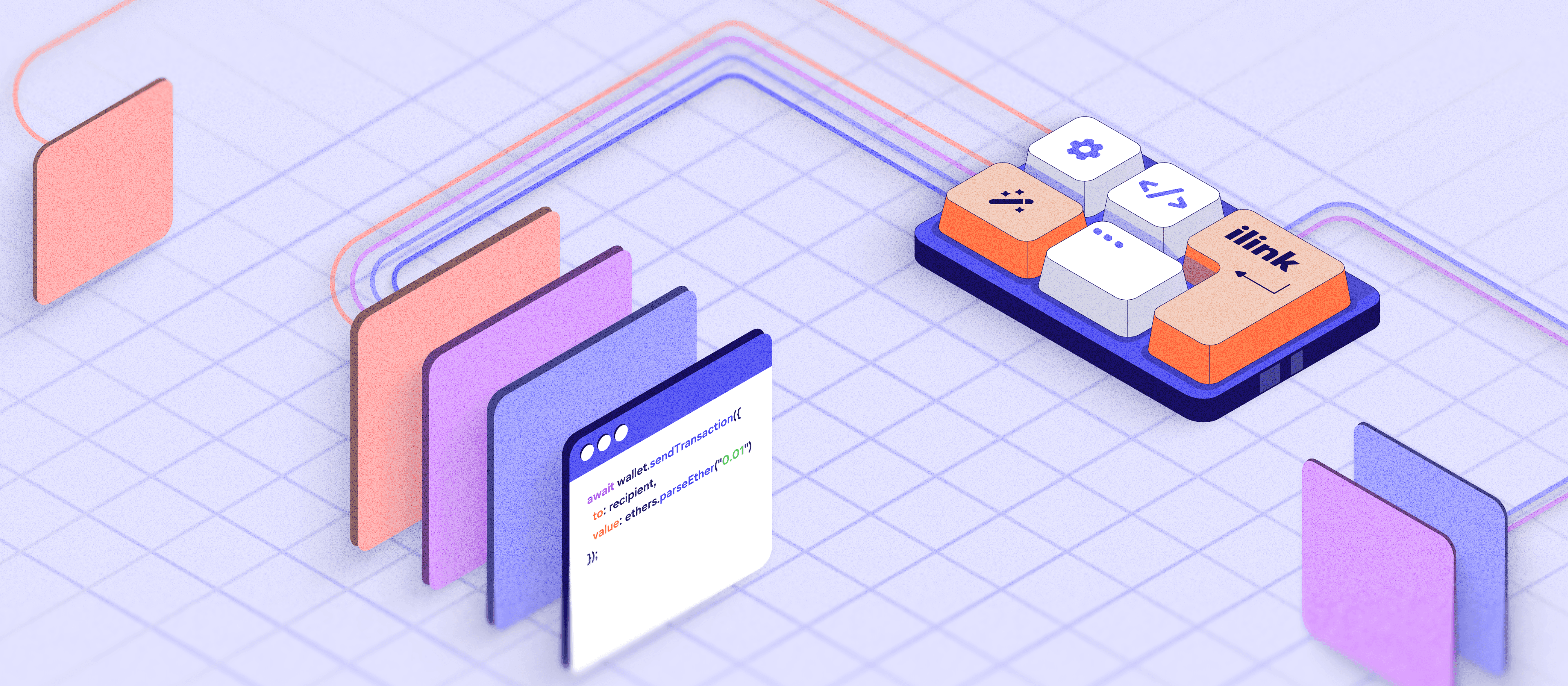The Advantages of dApps Over Traditional Apps
Introduction
As blockchain technology continues to evolve, it brings to the forefront a new breed of applications known as decentralized applications, or dApps. These applications offer a stark contrast to traditional, centralized applications, introducing a paradigm shift in how data and operations are managed across many industries. This article aims to explore the specific advantages that dApps offer over traditional apps, focusing on their unique features and operational benefits.
Understanding dApps and Traditional Apps
- Definition of dApps. Decentralized applications (dApps) are applications that run on a peer-to-peer network of computers rather than a single computer. They are typically built on blockchain technology which allows them to operate in a transparent, immutable, and censorship-resistant manner.
- Definition of Traditional Apps. Traditional applications are usually centralized, meaning they are controlled by a single entity and run on a centralized server. This model has been the standard for software applications but comes with several vulnerabilities, including higher risks of data breaches, censorship, and downtime.
- Comparative Overview. While traditional apps rely on a central authority for operation, dApps distribute their operations across a decentralized network, typically a blockchain. This fundamental difference affects many aspects of their operations, from security to user autonomy.
Key Advantages of dApps
Decentralization. The decentralized nature of dApps eliminates single points of failure, enhancing security and reducing risks associated with centralized control. This makes dApps particularly robust against attacks and operational failures.
Transparency and Trust. All transactions on a blockchain are recorded on a public ledger, ensuring complete transparency in the app’s operations. This feature is crucial for building trust among users, as it guarantees that no alterations can be made once a transaction is recorded.
Data Integrity and Security. Blockchain’s use of advanced cryptography ensures that data within dApps is highly secure and tamper-proof. This level of security is superior to traditional apps, where centralized data storage can become a lucrative target for hackers.
Additional Benefits of dApps
Censorship Resistance. Due to their decentralized nature, dApps operate independently of any governing authority, making them inherently resistant to censorship. This is particularly beneficial for users in regions where freedom of expression is restricted. No Downtime. DApps run on blockchain networks, which are maintained by multiple nodes. This ensures that they remain operational even if parts of the network fail, unlike traditional apps which can experience downtime if the central server encounters issues. User Control Over Data. Unlike traditional apps, where user data is controlled by service providers, dApps give users complete control over their data. This empowerment aligns with growing global concerns about privacy and data misuse.
Have you used dApps, or are you considering integrating blockchain technology into your operations? Contact us to learn how decentralized applications can benefit you.
Use Cases Demonstrating dApps Advantages
- Financial Services. DApps are revolutionizing financial services by enabling transactions without the need for intermediaries, such as banks. This not only reduces transaction costs but also opens up financial services to underbanked populations.
- Supply Chain Management. In supply chain management, dApps provide unmatched transparency and traceability, ensuring all parties can verify the authenticity of products and the integrity of the supply chain data without relying on a central authority.
- Social Networks. Decentralized social networks protect users’ privacy by eliminating the ability of a central authority to access or sell personal data. This model is gaining traction as concerns over privacy and data ownership escalate.
Challenges and Considerations
- User Experience. While dApps offer numerous advantages, they often face challenges in providing the seamless user experience that traditional app users are accustomed to. However, ongoing advancements in blockchain technology are continuously improving this aspect.
- Scalability. Current blockchain technology can face scalability issues, affecting the performance of dApps. However, new solutions and protocols are being developed to address these challenges.
- Regulatory Uncertainty. The innovative nature of dApps brings regulatory challenges, as current laws may not directly apply to decentralized models. Navigating this evolving landscape requires careful consideration and proactive legal strategies.
Decentralized applications offer a compelling alternative to traditional apps, with significant advantages in terms of security, transparency, and user control. As blockchain technology matures, it is expected that more industries will explore the potential of dApps, further accelerating their adoption and refinement.
Comments (0)
Latest Posts
Crypto payment processing in 2026: accept stablecoins/crypto, track confirmations, manage wallets, run payouts, and automate reporting, plus ilink’s ready-made platform.
Launch crypto & stablecoin payments fast: learn how crypto processing works end-to-end, where it’s used this year, and how deploy a secure platform in 2 weeks.
Do You Have Any Questions?
Leave your details - we will contact you to answer all your questions




